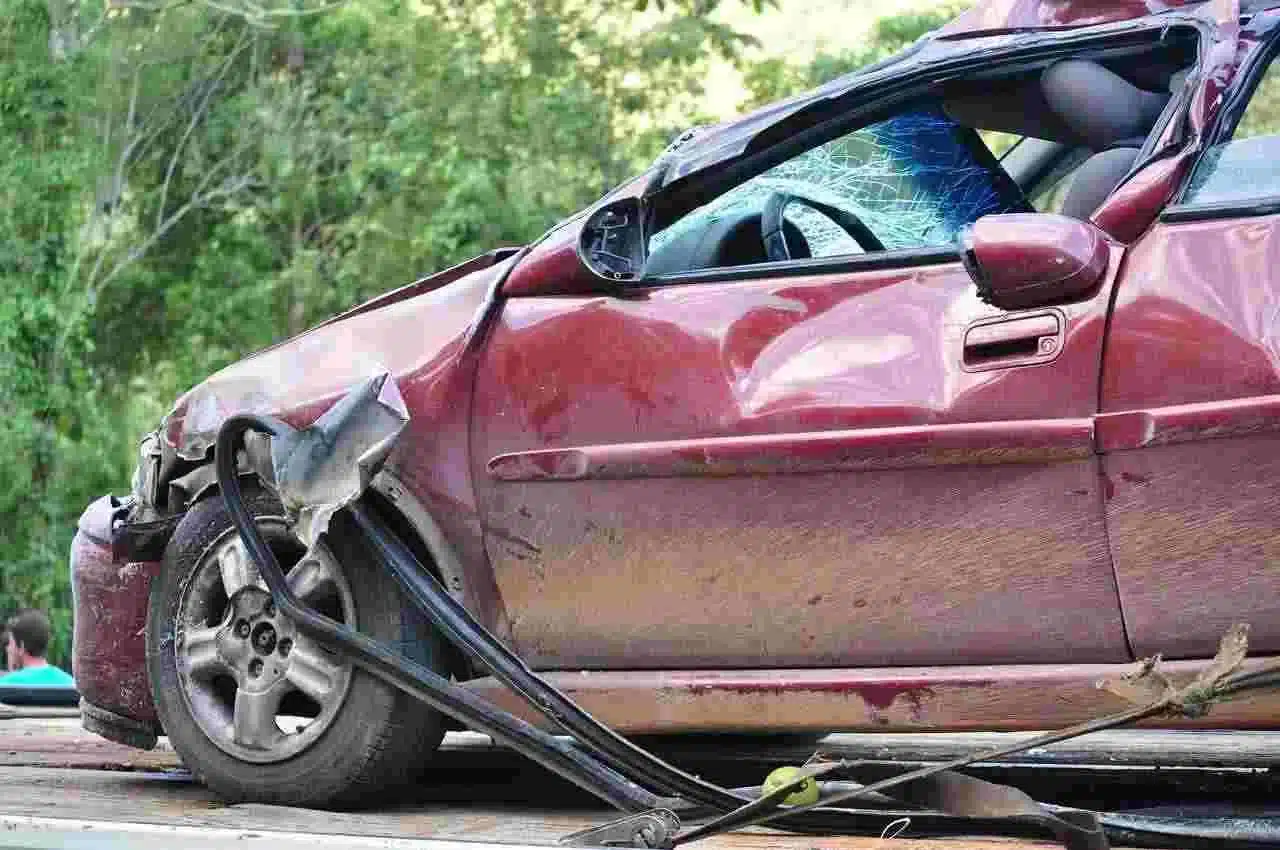Legal Considerations for Injuries Caused by Rideshare Accidents in St. Petersburg

Rideshare services like Uber and Lyft have become a common mode of transportation, but accidents involving these services present unique legal challenges. If you’re involved in a rideshare accident in St. Petersburg, understanding the specific legal considerations can help you navigate your case more effectively. Here’s a guide to the key legal aspects of handling injuries from rideshare accidents.
Understanding Rideshare Insurance Coverage
Rideshare companies provide insurance coverage for their drivers, but the extent of this coverage depends on the driver’s status at the time of the accident:
- Offline: When the driver is not logged into the rideshare app, their personal auto insurance is primary, and rideshare insurance does not apply.
- Online but Not Carrying Passengers: If the driver is logged in but not transporting a passenger, rideshare companies typically provide limited coverage. This usually includes liability coverage for injuries or damages caused to others.
- Transporting a Passenger: When the driver is actively carrying a passenger, rideshare companies provide more comprehensive coverage. This often includes higher liability limits, coverage for injuries to the passenger, and potential coverage for uninsured or underinsured motorists.
Determining Liability
Determining liability in rideshare accident cases involves several factors:
- Driver’s Status: Establish whether the driver was logged into the rideshare app and if they were transporting a passenger at the time of the accident. This affects which insurance policies are in play.
- Driver’s Negligence: Investigate whether the rideshare driver was negligent or at fault for the accident. This includes examining driving behavior, adherence to traffic laws, and other relevant factors.
- Third Parties: In some cases, liability may extend to other drivers involved in the accident or even the rideshare company, depending on the circumstances and state regulations.
Filing an Insurance Claim
Filing an insurance claim for injuries sustained in a rideshare accident involves several steps:
- Notify Your Insurance: Report the accident to your own auto insurance company as soon as possible, even if you were not at fault. Your policy may provide additional coverage.
- Contact Rideshare Company: Notify the rideshare company of the accident. They can provide information about their insurance coverage and assist in the claims process.
- Document Evidence: Gather evidence from the accident scene, including photos, witness statements, and police reports. This helps support your claim and establish the extent of your damages.
Medical Documentation
Documenting your injuries is crucial for a rideshare accident claim:
- Seek Medical Attention: Get a thorough medical evaluation immediately after the accident. This ensures that all injuries are documented and treated promptly.
- Keep Records: Maintain records of all medical treatments, bills, and diagnoses related to your injuries. This information is essential for substantiating your claim.
Legal Representation
Consider consulting with a personal injury attorney who has experience with rideshare accident cases:
- Evaluate Your Case: An attorney can assess the specifics of your case, including insurance coverage and potential liability.
- Navigate Complex Claims: Handling claims involving multiple insurance policies and parties can be complex. An attorney can help you navigate these challenges and advocate for your interests.
- Negotiate Settlements: Attorneys can negotiate with insurance companies to ensure that you receive fair compensation for your injuries and damages.
Potential Challenges
Be prepared for potential challenges in rideshare accident cases:
- Insurance Company Tactics: Insurance companies may attempt to minimize payouts by disputing liability or the extent of damages. An attorney can help counter these tactics.
- Complex Liability Issues: Determining liability may involve multiple parties and insurance policies, requiring thorough investigation and legal expertise.
Legal Considerations Specific to Florida
In Florida, specific legal considerations may affect your rideshare accident case:
- No-Fault Insurance: Florida’s no-fault insurance system requires drivers to carry Personal Injury Protection (PIP) coverage, which can cover medical expenses and lost wages regardless of fault. This may affect your claim and how damages are calculated.
- Statute of Limitations: Be aware of the statute of limitations for filing a personal injury claim in Florida. Generally, you have four years from the date of the accident to file a claim, but it’s advisable to act promptly.
Conclusion
Handling a rideshare accident case in St. Petersburg involves understanding the nuances of insurance coverage, determining liability, and navigating complex claims processes. By documenting your injuries, seeking legal representation, and being aware of Florida-specific regulations, you can better manage the legal aspects of your case and work towards securing fair compensation for your injuries.
